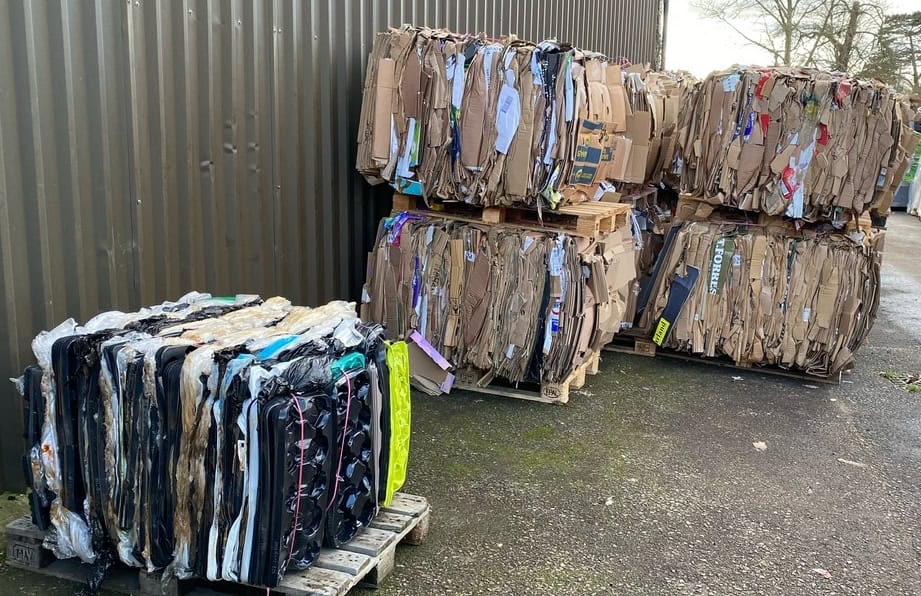Coffee Lovers Can Recycle Their Used Machine Pods With New Scheme
For the first time, some councils will offer the option of collecting used coffee pods and then recycling them. Britons will soon be able to recycle their coffee pods alongside their usual rubbish as part of a new scheme. Other areas of the country will be able to get people to bring their used pods to local stores and dispose of them using Collect plus. The non-profit initiative, called Podback, has been created by a partnership between Nestle and Jacobs Douwe Egberts UK. It has received backing from coffee pod makers Nespresso, Nescafe Dolce Gusto and Tassimo, all of whom manufacture coffee machines. Many coffee machine manufacturers already offer a service that allows customers to arrange for one of their couriers to collect the pods, sealed in a bag, and take them to a recycling plant. It is expected that with the launch of Podback, these existing recycling schemes operated by Nespresso, Tassimo and L’OR will be scrapped. A full list of areas that the new scheme will be rolled out in has not yet been released, but it was last year revealed that Exeter City Council, Cheltenham Borough Council and South Derbyshire District Council, among others, had all entered into discussions. Podback said these schemes would be rolled out later this month, with a full announcement on kerbside pick up soon.
Speaking about Podback, Environment Minister Rebecca Pow said: ‘I am really pleased to see the industry coming together and taking this important step to ensure coffee pods can be recycled more easily.
‘It’s the kind of initiative that many consumers are looking for and which will help to create a more circular economy for our waste and resources, with more materials being recycled and reused and less being consigned to landfill or incineration.’
How Does It Work?
The pods are expected to be taken to a specialist recycling plant, where the coffee is separated from the packaging by electro-magnets. The plastic/aluminium is then melted and can be turned into a variety of products. At the plant, aluminium pods are removed from the bags – with the bags are then being used to generate energy. To make breaking the pods down easier, machines chop them down into smaller pieces before electromagnets separate any lingering coffee particles from the other materials. The coffee remains are redistributed as a biogas and to help improve the quality of soil elsewhere. Meanwhile, the pods themselves are smelted at a high temperature before being cooled down into a solid brick which in turn is then repurposed and used to create a number of other products such as packaging for other beverages.
Benefits of Recycling Coffee Pods
Britons consume around 95million cups of coffee a day, which equates to around 340million pods every year and previously, councils would not accept them as part of household recycling.
This is because the aluminium pods normally contain a fabric filter which complicates recycling. While plastic pods, which consist of two or three layers of material, present their own challenges because they can take up to 500 years to fully break down if dumped in a landfill
Guillaume Chesneau, Nespresso managing director, said: ‘As co-founders of the scheme, as well as pioneers of the minimal-waste portioned coffee system, we are excited to build on our strong existing recycling services already in place.
‘Our ambition is to create a powerful end-to-end recycling solution, available to all, and Podback demonstrates our commitment towards achieving this important goal.
‘We are working closely with manufacturers, retailers and local authorities and calling upon them to join us and ensure the scheme has maximum impact.’








